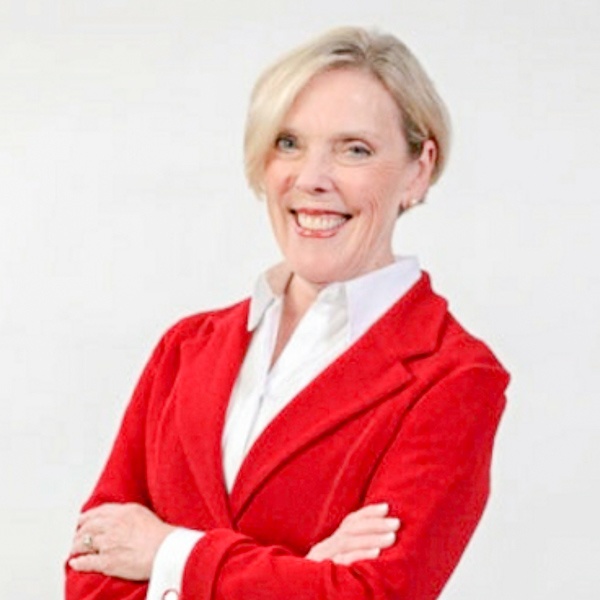Opening up minds about aquaculture in 2019
New Pacific Northwest alliance and a slew of initiatives will show how aquaculture will help combat climate change, over-fishing, and loss of habitat.
By Fabian Dawson
SeaWestNews
Opening up minds will be the key challenge for the aquaculture industry in Canada and the United States in 2019, as seafood farmers seek to spread their stories of sustainability and innovation.
In the Pacific Northwest, the Washington Fish Growers Association (WFGA) is being rebranded as the Northwest Aquaculture Alliance (NWAA) to represent the industry in Washington, Oregon, Idaho, Montana, and British Columbia.
“The acceptance of aquaculture is happening around the world…It can and should happen here,” said seafood industry veteran, Jeanne McKnight, who will serve as interim executive director of the NWAA. (pictured)
“There’s huge opportunity for our region to embrace this important industry and enjoy sustainably produced, locally grown fish and seafood alongside our wonderful wild seafood,” she told SeaWestNews.
As part of the transition, longtime WFGA executive director, Dan Swecker, the former state senator from Rochester, WA, will retire but continue to advise the new aquaculture advocacy organization as Director Emeritus.
“As a respected former Senator with a reputation for finding solutions, Dan has led this organization through some very significant challenges,’ said John Dentler, WFGA Board President, who will continue his work with the newly minted NWAA.
“As we work to build a broader and stronger coalition, Dan will continue to help guide and advise us to achieve future success,” said Dentler, adding “we will be stronger together”.
John Paul Fraser, the executive director of the B.C. Salmon Farmers Association (BCSFA), which represents 59 businesses and organizations throughout the $1.5 billion value chain of finfish aquaculture in B.C., welcomed the opportunity to work with the new Northwest Pacific Aquaculture Alliance.
A proponent of moving the aquaculture narrative from “conflict to conversation”, Fraser said the cross-border alliance can be an effective pedestal to showcase “the story of just how important and progressive this industry is.”
“Aquaculture is an important, responsible industry helping feed a hungry world while protecting wild populations from overfishing by providing a sustainably-raised alternative. Every salmon raised on a farm is one less wild salmon caught and eaten,” he said.
“The reality is the science tells us B.C.’s salmon farms are not harming populations of wild salmon, but supporting them. We need to tell that story.”
Federal Fisheries Minister Jonathan Wilkinson warned in 2018 that the polarized debate over fish farming in British Columbia is threatening a viable and sustainable food source for the world.
“I will tell you personally that I believe that aquaculture is part of the solution,”said Wilkinson, who over the past two months has announced several initiatives to ignite a new approach to both aquaculture regulation and protection of wild fish species.
The Independent Expert Panel led by Canada’s Chief Science Advisor Dr. Mona Nemer has also stressed the need for a comprehensive communication plan, that will include indigenous and local knowledge, to proactively disseminate aquaculture science to consumers, the general public, scientists and industry.
“Such an approach would allow information on scientific findings, scientific uncertainties and science-informed decisions to be communicated at the appropriate level,” she said in her report.
The Canadian Aquaculture Industry Alliance (CAIA), which wants to advance public understanding of aquaculture science, said that while there is a very large body of high quality science that has been done, the public is oftentimes not aware of this work.
It has established a council of emerging leaders in aquaculture to showcase the growing presence of young people in the sustainable future of farming the oceans.
“We need to find new ways to show Canadians just how kick-ass and caring we are as an industry,” said Raymond J. Taylor, who heads the council.
Meanwhile, a report from a forum held at the Aquarium of the Pacific said there is “an immediate need to develop strong narratives to support strategies designed to approach specific audiences and accomplish specific communication goals in regards to all types of marine aquaculture.”
“The groups opposing marine aquaculture know how to effectively engage with regulators, legislators, and concerned members of the public to communicate on an emotional level…We need projects to demonstrate through direct and empirical observations that we can do what we claim we can do…farm seafood responsibly in the ocean,” the report stated.
The Aquarium of the Pacific is among other global initiatives that are building communication toolkits to ensure aquaculture in 2019 is not about ‘wild vs farmed’ but about ‘wild and farmed’ co-existing sustainably to combat climate change, over-fishing, and loss of habitat.
RELATED STORIES
Nathan Fong connected the world to B.C. seafood

